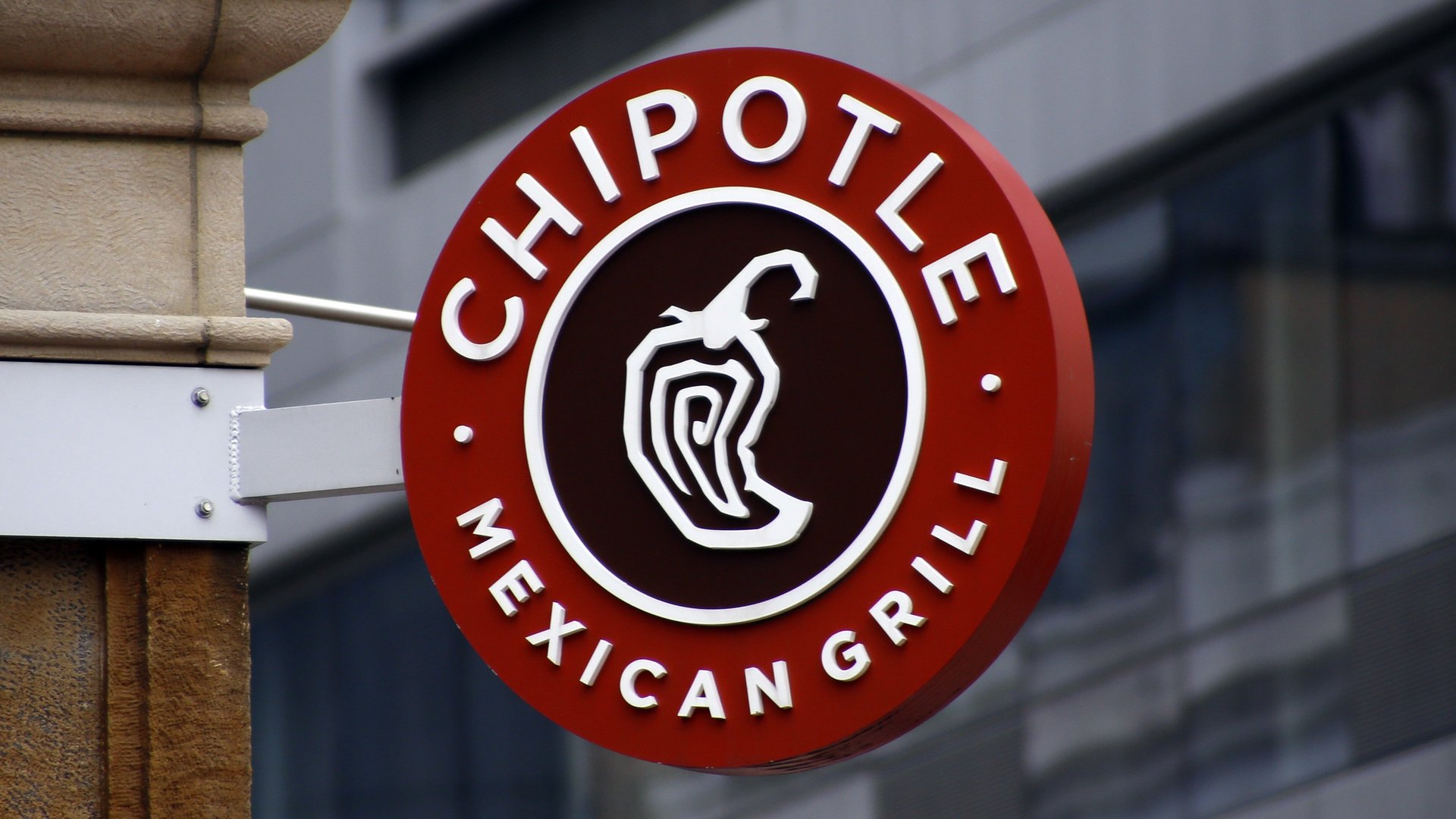Free burritos haven’t solved Chipotle’s problems
Chipotle’s now infamous E. coli catastrophe officially ended on Feb. 1, when the US Centers for Disease Control and Prevention said the outbreaks appeared to be over. But the financial fallout is expected to linger long into 2016.


Chipotle’s now infamous E. coli catastrophe officially ended on Feb. 1, when the US Centers for Disease Control and Prevention said the outbreaks appeared to be over. But the financial fallout is expected to linger long into 2016.
The latest evidence for this arrived today, with Chipotle disclosing in a securities filing that sales at restaurants open at least 13 months dropped 26.1% in February. That’s actually an improvement from January, when those sales plunged 36.4%, so Chipotle is terming it a “recovery.”
“The sales recovery began the week of Feb. 8, 2016, when we launched an aggressive marketing campaign … to invite customers to dine at Chipotle via a free burrito offer,” the company said. The recovery “continued into March” with same-store sales down only 21.5% for the week ended Mar. 7. However, sales reversed course over the next seven days after a brief norovirus scare at a Boston-area restaurant (weekly same-store sales fell 27.3%).
The February and March results underscore how shaky things still are for Chipotle following a series of health scares that devastated its stock and sales late last year. The fourth quarter of 2015 was Chipotle’s worst ever as a public company. Same-store sales, which had only grown since January 2006, fell 14.6%. Profit plummeted 44% and revenue 6.8%.
Chipotle’s problems began in late October after health officials said they had traced several reports of E. coli to the chain’s restaurants. Over the next three months the outbreak expanded to 55 people across 11 states. A second wave of E. coli that cropped up in December was linked to five illnesses. And in an unrelated but incredibly inauspicious incident for the company, a case of norovirus at a Chipotle in Boston that same month ended up sickening more than 140 students at Boston College.
Chipotle has since launched an aggressive advertising campaign to bring customers back to stores. Part of this was the free burrito promotion, which coincided with an all-staff meeting on food safety. The company also announced in its Tuesday filling that it has hired James Marsden, an expert on E. coli and listeria in processed meats, as executive director of food safety. Chipotle Co-CEO Steve Ells has publicly pledged to make it the “safest restaurant to eat at.”
Even so, Chipotle has little to no leeway left with consumers. That much should be apparent from the recent norovirus event in Massachusetts, which temporarily shuttered only one restaurant and affected zero customers, but nonetheless was enough to send sales sliding again. Who can blame them? For Chipotle to regain consumer trust, it needs more than free burritos, plentiful advertising, and a director of food safety. It needs a clean bill of health for a good, long period of time.